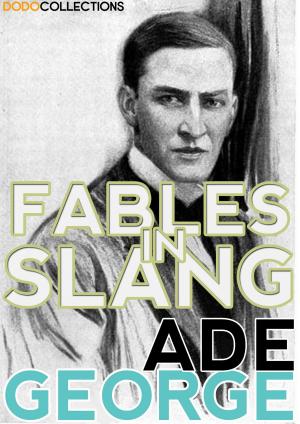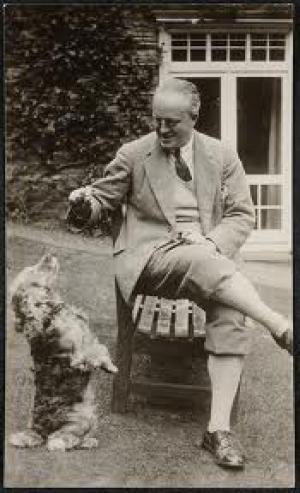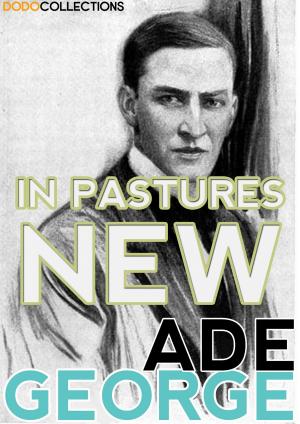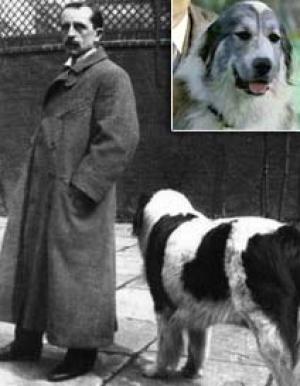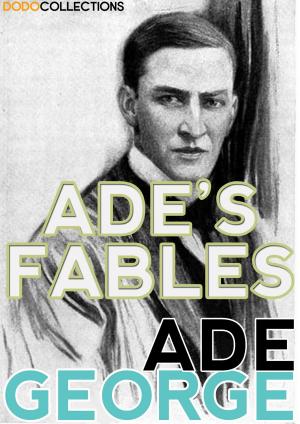| Author: | Sherwood Anderson | ISBN: | 9781508024569 |
| Publisher: | Dead Dodo Classic Press | Publication: | August 28, 2015 |
| Imprint: | Dead Dodo Classic Press | Language: | English |
| Author: | Sherwood Anderson |
| ISBN: | 9781508024569 |
| Publisher: | Dead Dodo Classic Press |
| Publication: | August 28, 2015 |
| Imprint: | Dead Dodo Classic Press |
| Language: | English |
Dodo Collections brings you another classic from Sherwood Anderson, ‘"Triumph of the Egg and Other Stories".’
This collection of short stories solidified the author's reputation as a major American writer. Despite their narrative simplicity (similar in style to the work of Hemingway, who was highly influenced by Anderson's technique), these stories explore intriguing psychological depths, redolent with personal epiphanies, erotic undercurrents, and sudden eruptions of passion among seemingly repressed, inarticulate Midwesterners.
Anderson was born on Sept. 13, 1876, in Camden, Ohio. He never finished high school because he had to work to support his family. By 1912, he was the successful manager of a paint factory in Elyria, Ohio, and the father of three children by the first of his four wives. In 1912, Anderson deserted his family and job. In early 1913, he moved to Chicago, where he devoted more time to his imaginative writing. He became a heroic model for younger writers because he broke with what they considered to be American materialism and convention to commit himself to art.
Dodo Collections brings you another classic from Sherwood Anderson, ‘"Triumph of the Egg and Other Stories".’
This collection of short stories solidified the author's reputation as a major American writer. Despite their narrative simplicity (similar in style to the work of Hemingway, who was highly influenced by Anderson's technique), these stories explore intriguing psychological depths, redolent with personal epiphanies, erotic undercurrents, and sudden eruptions of passion among seemingly repressed, inarticulate Midwesterners.
Anderson was born on Sept. 13, 1876, in Camden, Ohio. He never finished high school because he had to work to support his family. By 1912, he was the successful manager of a paint factory in Elyria, Ohio, and the father of three children by the first of his four wives. In 1912, Anderson deserted his family and job. In early 1913, he moved to Chicago, where he devoted more time to his imaginative writing. He became a heroic model for younger writers because he broke with what they considered to be American materialism and convention to commit himself to art.


